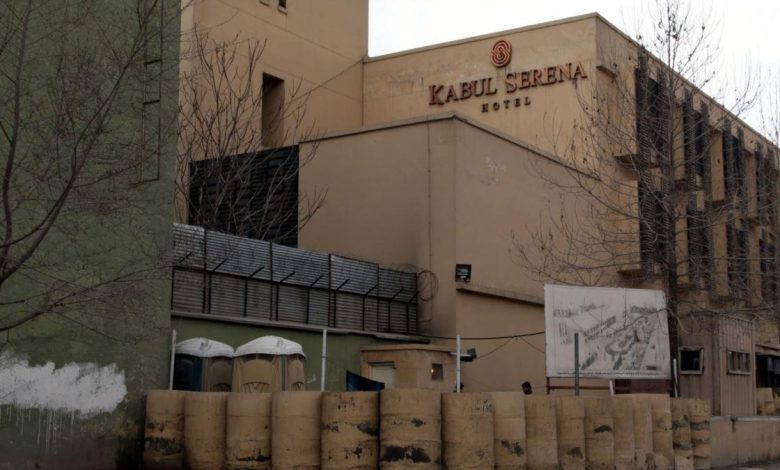RASC News Agency: Over three years have passed since the Taliban seized control of Afghanistan, a period marked by a series of restrictions imposed on Afghanistani citizens as well as on domestic and international organizations, including the Aga Khan Network in Afghanistan. Despite the passage of time, these restrictions remain largely unresolved. Sources from the Aga Khan Foundation in Afghanistan confirmed to RASC News Agency two weeks ago that the foundation has been paying the Taliban approximately $16 million annually in bribes, enabling it to continue its operations in Afghanistan. According to the sources, the Taliban entered into a formal agreement with the Aga Khan Foundation, agreeing to provide support for its activities in Ismaili-populated areas and other parts of the country in exchange for payments. However, the Taliban failed to honor their commitments. Over the past several years, they have killed some Ismailis, forcibly converted others to Sunni Islam, and severely restricted the foundation’s operations throughout Afghanistan.
Reliable sources within the Aga Khan Foundation in Kabul revealed to RASC News Agency that the Taliban’s restrictions on the foundation stem from three primary reasons: the first being the non-payment of taxes by the Serena Hotel in Kabul during the twenty years of the republic, which amounts to $200 million; the second being the issue of extortion by the Taliban from the Aga Khan Foundation; and the third being religious matters. This report focuses exclusively on the first reason and delves into it further. Sources confirm that during the twenty years of the republic, the Serena Hotel in Kabul did not pay taxes to the government. In return, the previous government had sent all foreign ministry guests to the hotel without requiring payment, and there were no formal agreements between the Ministry of Foreign Affairs and the management of the Serena Hotel. The government never officially requested taxes from the hotel, nor did the Serena Hotel ever request reimbursement for foreign ministry guests.
For the past three years, the Taliban have focused their attention on this matter, pressuring the management of the Serena Hotel for the $200 million tax debt owed to their government. In turn, the Taliban also pointed out that the previous government (Republic) failed to pay $80 million in taxes over the past twenty years. Sources confirm that this week, the Taliban’s Ministry of Foreign Affairs and the Aga Khan Foundation reached an agreement, with the foundation transferring $120 million to the Taliban government via Pakistan. As a result, the restrictions on education and the employment of women within the foundation’s operations have been largely resolved between the Taliban and the Aga Khan Foundation. Sources indicate that last week, all educational activities of the Aga Khan Foundation in Kabul were suspended, and women were effectively banned from working in Kabul by the Taliban. This ban applied to all foreign organizations, but it remains unclear whether this exemption from the restriction is specific to the Aga Khan Foundation or applies to all organizations.
Despite these developments, a RASC News Agency reporter reached out to several ministers and deputy ministers from the previous government’s Ministry of Foreign Affairs for further clarification on the non-payment of taxes by the Serena Hotel and the introduction of government guests to the hotel. However, none of the former ministry officials were willing to respond. Therefore, if officials from the Ministry of Foreign Affairs of the former government, the Taliban authorities, or representatives of the Aga Khan Foundation in Afghanistan wish to comment on this issue, RASC News Agency is prepared to publish their views in a neutral and unbiased manner, whether in visual, audio, or written formats.






